
A physician and health care attorney breaks down the American Law Institute’s recent restatement of the law of medical malpractice.

A physician and health care attorney breaks down the American Law Institute’s recent restatement of the law of medical malpractice.

Physician groups slam the action as ‘irresponsible, dangerous to our nation’s health.’

Health care is propping up the U.S. employment market, one analyst says.

Physician financial tips from the White Coat Investor.
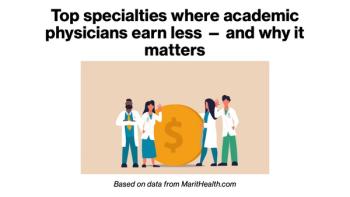
New data reveals how physician pay gaps between academic and private practice vary widely by specialty — with some doctors losing over $100K.
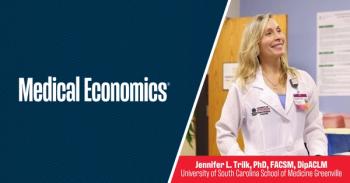
The leader of a lifestyle medicine program discusses the importance of nutrition and dietary training for physicians.
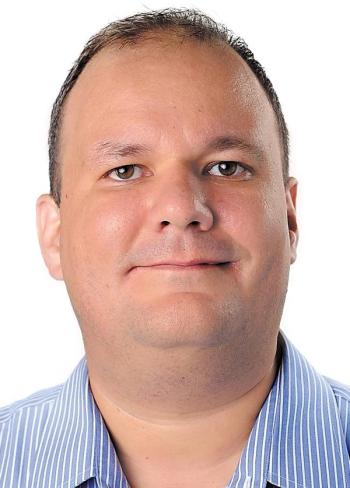
The One Big Beautiful Bill Act, now the law of the land, will bring change to U.S. health care.

Independent physicians face troubling trends that could lead to worse patient care.

Rising tariffs threaten health care supply costs, impacting hospitals' financial stability. Urgent action is needed to mitigate these challenges and protect patient care.
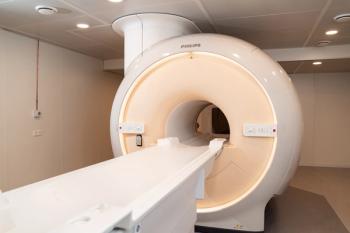
Yale begins enrolling patients in PRIME study using next-generation Swoop system
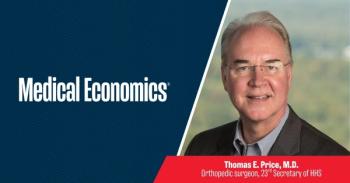
Former HHS Secretary Tom Price, M.D., explains why expanding merit-based visas for health care workers could be the key to solving America’s growing physician and workforce shortage.


The President shared letters to pharma CEOs on Truth Social Thursday, giving them 60 days to match U.S. drug prices to the lowest rates in other wealthy nations.
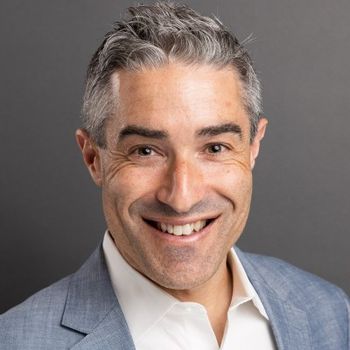
Beyond ‘gotcha!’: Building a modern era of humane utilization management
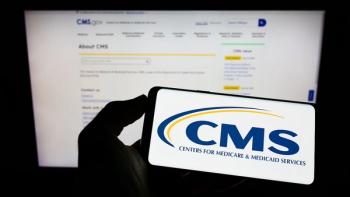
Amazon, Apple, Google and other major players join CMS in their mission to break down data silos, “kill the clipboard” and empower patients with real-time health information.

Resolution comes as rumors swirl RFK Jr. will remove 16-member panel for being too ‘woke.’

The leader of a lifestyle medicine program discusses the importance of nutrition and dietary training for physicians.

Rowan University and NJEDA launch a Strategic Innovation Center to boost medical device investments and accelerate medtech innovation in South Jersey.

Former HHS Secretary Tom Price, M.D., urges broader recognition of the crisis beyond physicians and nurses.

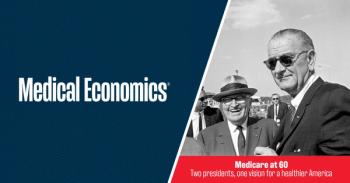
President Lyndon B. Johnson, President Harry S. Truman, and the 1965 signing of the Medicare and Medicaid Act

AI isn’t just a buzzword anymore — it’s reshaping daily workflows inside medical practices.

The leader of a lifestyle medicine program discusses the importance of nutrition and dietary training for physicians.

Voice-based mental wellness screenings gain trust among patients and clinicians, offering a non-invasive, effective solution for mental health assessment.
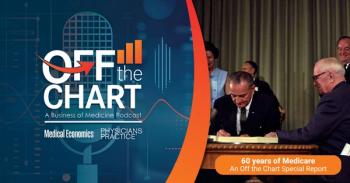
On Medicare's 60th anniversary, President Harry S. Truman's eldest grandson joined the director of Truman's presidential library to reflect on Truman's vision, President Lyndon B. Johnson's 1965 signing of the Medicare and Medicaid Act, and the program's lasting impact.

Cardiosense's CardioTag gains FDA clearance, advancing cardiac monitoring with wearable technology for personalized, noninvasive heart health insights.

Former HHS Secretary Tom Price, M.D., says immigration reform can align with national border priorities.
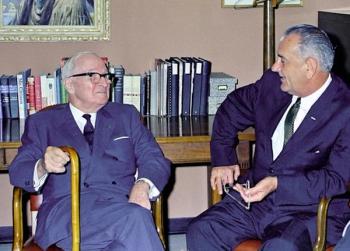
The two presidents were friends who agreed on the need for ‘a healthier, stronger country.’


Vaccine skeptics, critics lambaste American Academy of Pediatrics online for disrespecting parental authority, religious freedom.